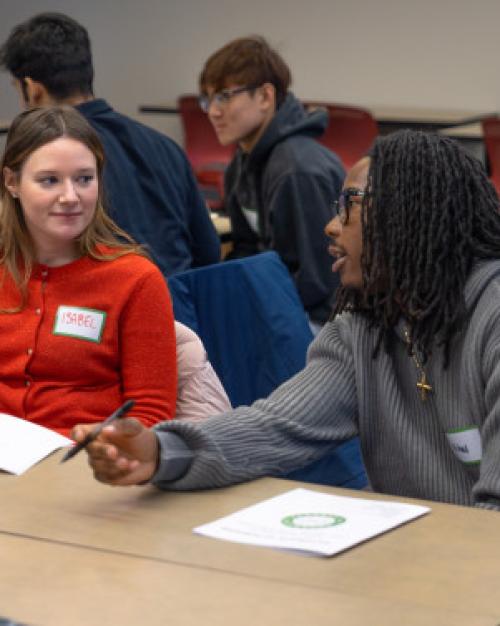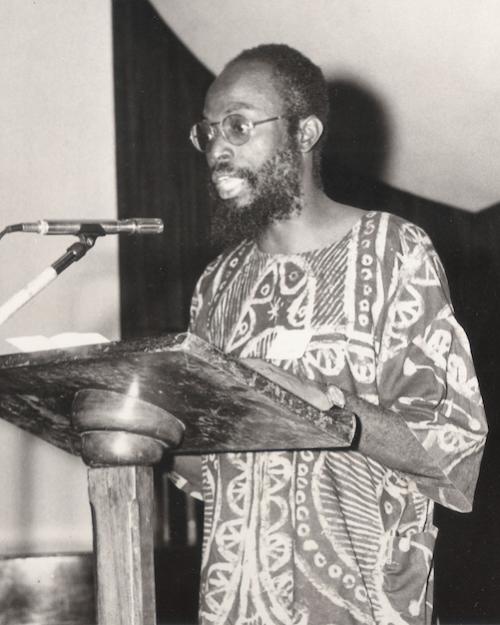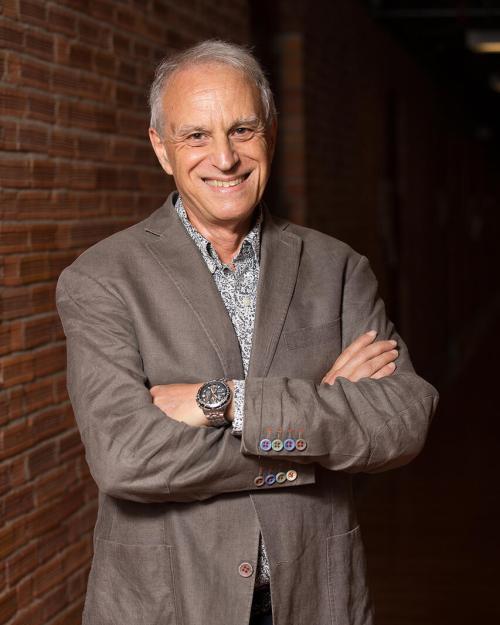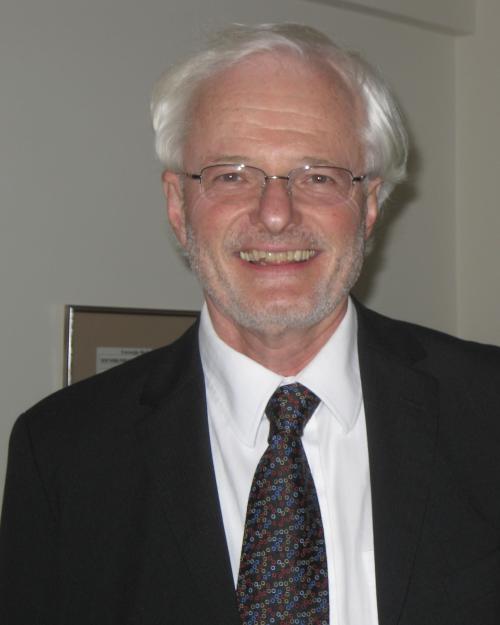William John Kennedy, the Avalon Foundation Professor Emeritus in the Humanities, died Jan. 16 at age of 82.
Kennedy taught the history of European literature and literary criticism from antiquity to the early modern period. His publications focused on Italian, French, English and German texts from Dante to Milton.
“Bill Kennedy was one of the leading Renaissance scholars in the nation, a world expert on Petrarch and European Petrarchism, but he was also a central figure in the Department of Comparative Literature for many decades: a genial presences with a dry sense of humor, always ready to welcome new colleagues and help advise them in their careers,” said Jonathan Culler, the Class of 1916 Professor of English and Comparative Literature, Emeritus.
Kennedy’s publications include “Rhetorical Norms in Renaissance Literature” (Yale University Press, 1978); “Jacopo Sannazaro and the Uses of Pastoral” (University Press of New England, 1983), recipient of the MLA's Marraro Prize; “Authorizing Petrarch” (Cornell University Press, 1994); “The Site of Petrarchism: Early Modern National Sentiment in Italy, France, and England” (Johns Hopkins University Press, 2003); and “Petrarchism at Work: Contextual Economies in the Age of Shakespeare” (Cornell University Press, 2016).
Kennedy also co-edited a rhetoric textbook, “Writing in the Disciplines” (Prentice-Hall, seventh ed. 2012), and contributed more than 50 articles on literature, rhetoric and literary theory to various journals and critical collections.
“Bill Kennedy was a renowned scholar of humanism,” said Anindita Banerjee, associate professor of comparative literature. “But he was also that rarest of humans who so profoundly embodied the values and ethics of the humanist traditions that permeated his brilliant scholarship and enraptured his students.”
Kennedy received fellowships from the Fulbright, Guggenheim, Rockefeller and Liguria foundations and served as President of the Renaissance Society of America from 2008-10.
In 2021, the Renaissance Society of America honored him with its Paul Oskar Kristeller Lifetime Achievement Award honors “a lifetime of uncompromising devotion to the highest standard of scholarship accompanied by exceptional achievement in Renaissance studies.”
Kennedy taught at Cornell from 1970 until his retirement in 2016 and was one of the first faculty members in the Department of Comparative Literature. His classes intersected several departments and programs: comparative literature, medieval studies, religious studies and Romance studies. He was instrumental in the establishment of the undergraduate major in comparative literature.
He was also co-founder of a highly successful and long-running interdisciplinary undergraduate lecture course, "The Cultures of the Renaissance," which became a model for cohesive interdisciplinary courses of general interest in the humanities, said Natalie Melas, associate professor of comparative literature.
“He was a reader, a scholar and a teacher endowed with a catholic curiosity and a deep, polyglot intellectual hospitality, again, in the best tradition of comparative literature as a border-crossing field,” Melas said. “Bill was the one who shepherded me through the tenure process and that’s when I came to appreciate his profound perspicacity as a reader and his generous collegiality.”
“Bill’s intellectual generosity and unfailing support for his students was a constant example for the rest of us,” said Kathleen Perry Long, professor of French in the Romance studies department. “He loved drama (in every sense), and one of my fondest memories of him was the opening lecture he gave in the Culture of the Renaissance course.”
In that lecture, Kennedy often offered dramatic and amusing tales that explained some of the obscure clichés still circulating today, Long said, such as “throwing the baby out with the bath water.”
“Of course, when both water and heat were in short supply, many hundreds of years ago, everyone in the family would occasionally bathe, one at a time, in the same tub of water,” Long said. “First the father, then the mother, then the oldest…down to the baby, the last to bathe. By then, the water was so dirty, that one had to be careful not to ‘throw the baby out with the bath water.’ He loved getting the students’ attention with such striking examples of the harshness of everyday life in the early modern world, even as he described the exquisite beauty and complexity of Petrarchan poetry, of Italian Renaissance Art, of Shakespeare’s plays, and of Montaigne’s essays.”
Kennedy received his undergraduate degree from Manhattan University and his Ph.D. from Yale University. He also received an honorary Doctor of Humane Letters degree from Manhattan University in 2015.
Kennedy is survived by his wife, Mary Lynch Kennedy; his children, Liam Lynch Kennedy (Barbara Argyropoulos) and Maura Kennedy-Smith (Bill); his grandchildren, Nikoletta, Ronan, Andreas, Esme; and many lifelong friends. A celebration of his life is being planned for the spring.




